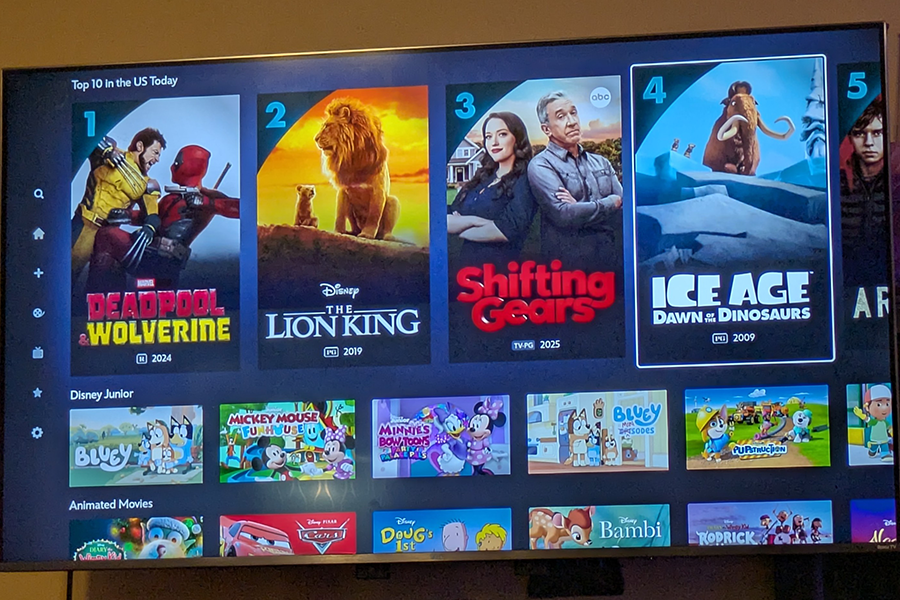This article was published in the Southerner’s 2011 winter newsmagazine.
It’s nothing new to see the video game world merge in with the true reality – its been quite the hip and happening thing to bring the two together. However, the clash of the two titans rarely comes out on the bright side. But why? Well, its all about the content. Take a sip of hot coffee, and lets go through what content is so often brought up in the Judge’s quarters.
The Entertainment Software Ratings Board (ESRB) rates every game much like the MPAA would rate a movie. But it seems that with parents, a hefty “Restricted” works much better than a large “M for Mature” in the corner. So much so that there had to be numerous attempts to pass a law preventing the sale of violent video games to minors in California.
The most recent attempt to pass this law? Spring of 2010. The law was just to be shot down by the head Judge because “there was no research showing a connection between violent video games and psychological harm to young people,” according to an April 27th article from the Star Tribune.
Of course there’s more going on then just attempting to pass laws, some have gone over that step entirely to outright ban the material. No, no, I’m not talking about Australia’s upside-down world of rules, I’m more or less referring to Jack Thompson. Up until July of 2008, Thompson was an activist against sex and violence in video games.
Thompson became infamous for his attempts to ban, censor, or remove products from shelves such as several of New York-based Rockstar Games’ titles including the entire Grand Theft Auto franchise, and Bully.
It doesn’t stop there either, Thompson has gone to the root of violent video games and in 2006, filed a cease and desist order to Midway Games regarding Mortal Kombat: Armageddon. The order was refused, and fans rejoiced by recreating Thompson’s image in the game’s Kreate-A-Fighter mode, where players could design their fighters from scratch and pit them against the series’ hallmarks such as Scorpion and Sub-Zero.
You may have thought that was all said and done, but obviously, you don’t know Jack. He continued on to blame video games as the perpetrator of several modern-day shootings.
Amidst the Virginia Tech shooting in 2007, Thompson immediately hopped on to alert the media “This is not rocket science. When a kid who has never killed anyone in his life goes on a rampage and looks like the Terminator, he’s a video gamer.”
A little below the belt, isn’t it? Such quotes and accusations ultimately led to Thompson’s disbarment by the Florida Supreme Court in July of 2008. Thompson’s efforts, however, lived on the souls of many other angry middle-aged men.
As Thompson turns in his disbarred grave, Australia continues to be known as the Sorcerer Supreme when it comes to material banning, ranging from classic examples such as Postal 2 to more modern-day examples like Left 4 Dead 2 and Fallout 3 which were reworked extensively to comply with Australia’s upside-down list of rules.
In the United States, a single game has yet to be banned, as they are protected under the Constitution and its freedom of speech. So while you may be seeing limbs torn off in the vacuum of Dead Space 2, or – spoiler alert – torturing spies with shards of glass in Call of Duty: Black Ops, you don’t have to worry! It’s all legal!
As it stands, the ESRB administers six ratings in the United States, ranging from “Early Childhood” to “Adults Only.” So if you haven’t seen your favorite murderous rampage on store shelves, it’s likely under “Adults Only”which has been refused the right to be sold in several major retail chains.
Most students here at South can play all levels of ESRB-rated software, albeit by legal age – M for Mature calls for the player being 17 – or lenient parents. That lenience, however, is more often than not the root of all problems regarding this topic.
Study after study on the connection between violence in video games and violence in one’s personality have been done again and again in various locale with multiple studies from Harvard saying “there’s no data to support the notion that violent video games cause the kids who play them to act out violence in real life.”
Time and time again, the blame has been placed on the violent or sexual content among video games, but each time, its always been shot down. Though some of them have intentional inclusion just to tease the powers that be – Looking at you, Postal – as long as the freedom of speech exists, you’ll be able to kick a** and chew bubblegum in total peace – hoping, that is, you don’t run out of gum.







